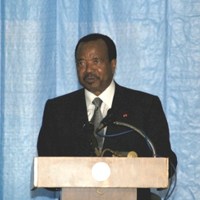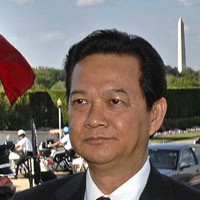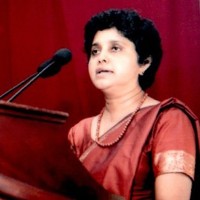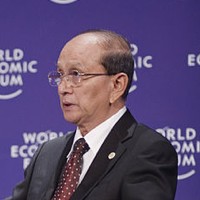
On Jan. 7, Cameroon’s gay rights community received a rare bit of good news. In what activists described as a breakthrough, the Court of Appeal in Yaoundé, the capital, overturned a ruling against two men found guilty of homosexuality in 2011. Jonas Singa Kimie, 19, and Franky Ndome Ndome, 25, were arrested in July 2011 by authorities who accused them of violating Article 347 of the penal code, which explicitly outlaws gay sex acts. The authorities had no proof of the alleged acts, but claimed the men’s clothing, manner of speaking and drink of choice proved they were gay. A […]





